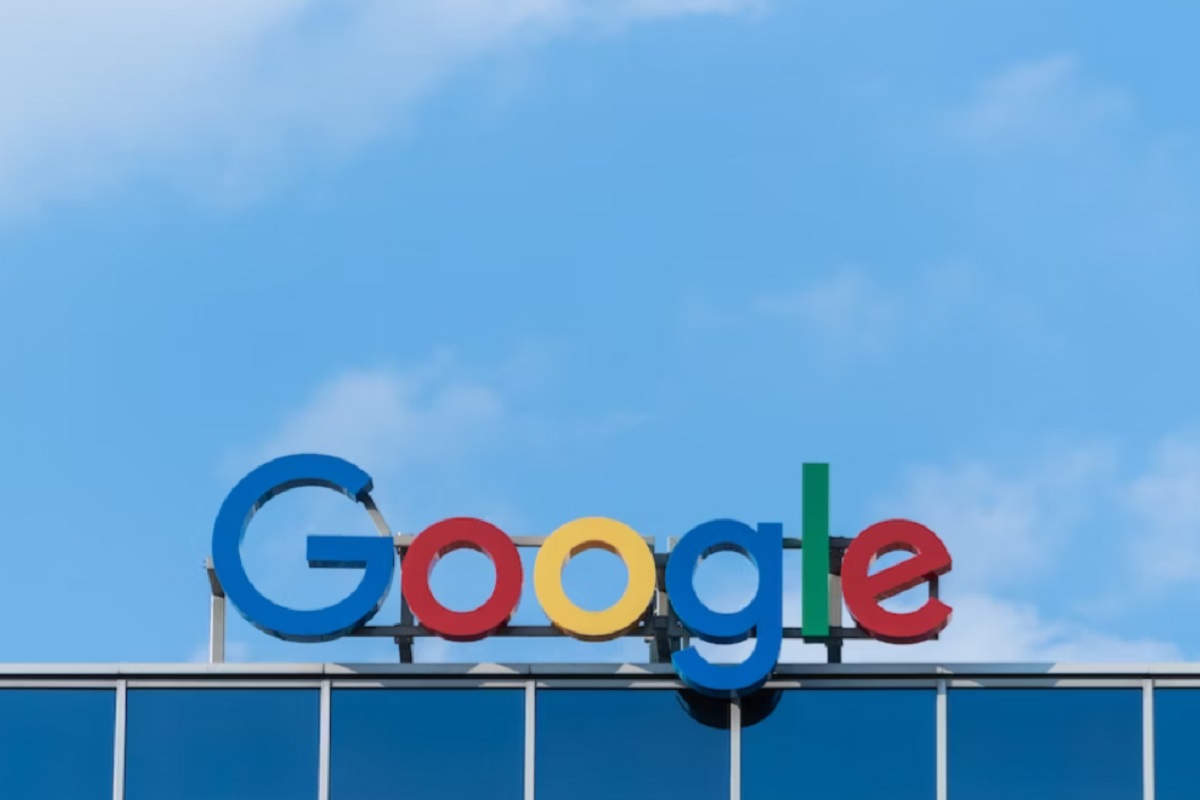In Italy, the local antitrust regulator has completed an investigation into Google over data portability.

This investigation began in the summer of 2022. The basis of this process was a complaint from an Italian company that operates a direct marketing platform called Weople. The owner of the firm said that the technology giant’s proposal for the transfer of data arrays is extremely complex and from the point of view of the capabilities of users deprives them of the ability to transfer personal information to another place.
The company has a commercial interest in simplifying data migration. The Weople service encourages users to transfer information from third parties, such as social networks and loyalty card schemes to fill virtual data storage cells. In 2019, the company turned to the technology giant with a request to improve the mechanisms of interaction. The firm said it aims to make it easier to migrate data to its platform. The tech giant rejected the request.
The company complained about Google’s refusal, accusing the firm of hindering interaction. In this case, the fault of the technology giant is very conditional and from a certain point of view is completely absent, since the refusal to interact is not actually a violation of the law. But there is another version of Google’s interpretation of the decision. According to this point of view, the company violated the competition law by creating an obstacle to interoperability by the fact of its refusal.
Nevertheless, the Italian regulator began proceedings, the completion of which became known on Monday, July 31. The authorities said that the three proposals of the technology giant regarding the settlement of the current situation solve the problems of competition.
One of the company’s proposals in the framework of this procced provides that Google will provide third parties with a URL that they can embed in their applications. This solution will help automate the purchase process. It will be easier for users to select and export data through Takeout, an information transfer and portability project. One or more categories of Google consumer information will be preloaded. The tech giant has also committed to making the data available as a single file in a standard machine-readable format through cloud storage services.
As part of the second offer, Google will provide third parties with detailed documentation about information related to users’ web searches, browsing history of Chrome and YouTube. This solution will make the exported data more useful for third parties.
As part of the third offer, the tech giant will provide early access to a new direct portability API between services, which is currently under development and will be ready in the first quarter of 2024.
A Google spokeswoman, in response to a media request regarding the settlement, said that the tech giant continues to invest in Takeout and strives to improve the user experience while protecting consumers’ privacy and security.
According to experts, the Italian settlement is a temporary measure valid until the spring of next year, when the Law on European-wide Digital Markets (DMA) will come into force, which will restart competition in the EU virtual space.
As we have reported earlier, Canada to Require Google and Meta to Pay for News.









